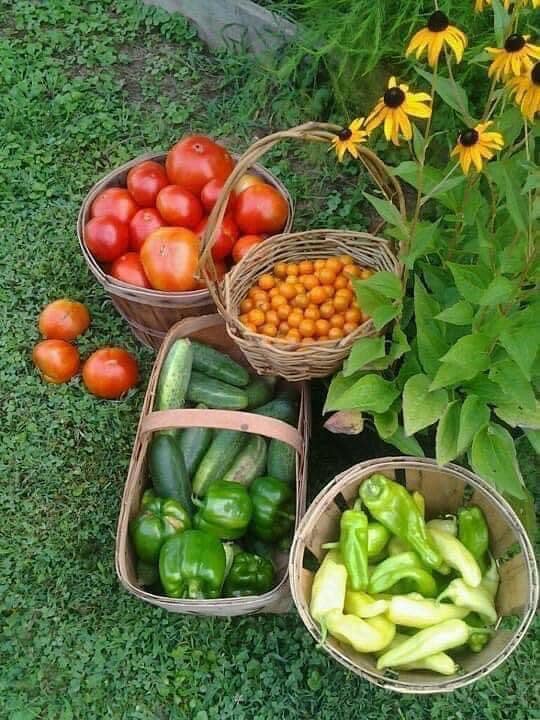
WHAT IS BLOOD MEAL FERTILAZER AND WHAT IS IT HELP FOR ?

Plants need a number of nutrients for optimal health, and one of the main nutrients they need is nitrogen. Plants use nitrogen in order to grow, reproduce, and produce enzymes and nucleic acids. They also use it to make chlorophyll molecules, which are molecules that capture sunlight and help to convert it into food. Because nitrogen is used in all of these functions, plants need it in fairly large quantities in order to survive. Blood meal is one of the best sources of organic nitrogen, and allows plants to use nitrogen when they need it most.
Blood Meal Fertilizer is blood of animal (often is cow), dried into a powder before being packaged for sale as blood meal. It has high nitrogen, good at providing a boost for plants suffering from nitrogen deficiency.
Blood meal is known for its slow-release properties. It gradually supplies nutrients to plants over an extended period. Due to this property, plants can enjoy a consistent supply of nutrients throughout their life cycle.
This nature also prevents nutrient leaching. Other synthetic fertilizers are highly prone to it, they get washed away from the soil by rainfall or irrigation. By providing nutrients at a controlled rate, we also prevent-overfertilization, a common issue with quick-release fertilizers that can lead to excessive nitrogen levels in the soil.
Blood Meal can help activate compost. We need a ratio of Carbon and Nitrogen is 30:1 for compost rapidly heat up and begin breaking down
When composting high carbon ingredients, like sawdust, adding a high nitrogen material like blood meal can help to adjust that ratio into the proper range and get a compost pile off to a good start.
If you are a gardener dealing with alkaline soil, using a blood meal can be perfect for your garden. Overall, unlike other synthetic fertilizers that can cause dramatic and often harmful shifts in soil pH, blood meal provides a gradual, controlled adjustment. The blood meal is slightly acidic. So, it can slightly acidify the soil.
The nitrogen provided by the blood meal is a key component in the formation and growth of plant roots. A strong root system means a healthier plant!
It helps enhances root development and allows root respiration
When plants have access to adequate nitrogen through a blood meal, they can focus on root production. The denser and more extensive root network thus formed can explore a larger volume of soil. Thus, the plant gets access to a wider range of nutrients and moisture. As a result, plants become more resilient to drought, nutrient deficiencies, and other environmental stresses.
The improved soil structure due to increased organic matter content allows for better oxygen exchange. This is because the organic matter helps to break up compacted soil. As the roots get a sufficient supply of oxygen, it prevents issues such as root rot.
Otherwise, because of smell Blood Meal Fertilizer, some animals and pests find repellent. If deer, rabbit, possum, ... visit your garden often or you see vegetables are being nibbled on, you should sprinkle Blood Meal Fertilizer lightly across the base of the plants.
Blood meal works well to keep pests at bay. The credit here goes to its strong smell. Small pests, especially insects, like aphids and beetles, find the odor very unpleasant. So, when you are sprinkling blood meal around your plants for nutrients, you are also creating a scent barrier in your garden.
Moreover, using blood meal boosts soil health, which in turn makes plants stronger and more resilient to pests. These well-fed plants are healthy and can better fend off pests.
Moreover, using blood meal boosts soil health, which in turn makes plants stronger and more resilient to pests. These well-fed plants are healthy and can better fend off pests.
Apply blood meal in spring as soon as you see plant growth. Re-apply every 2 to 3 months thereafter until the growing season. For best results, mix the blood meal into the top 2-4 inches of soil. Spread the blood meal evenly over the soil surface at a rate of about 1 to 2 cups per 100 square feet.
Avoid: Don't apply bloodmeal too late in the season. Doing so can halt fruit and flower development as plants direct their energy on foliage production. Don't overdo it if your plants can sustain low nitrogen levels. Totally avoid direct contact of blood meal with plant stems and leaves. Doing this can damage or burn the plant. Also, wear gloves while applying to avoid skin irritation.

Happy Gardening!
This Article owned by www.helenpham.us (August 21, 2024)

